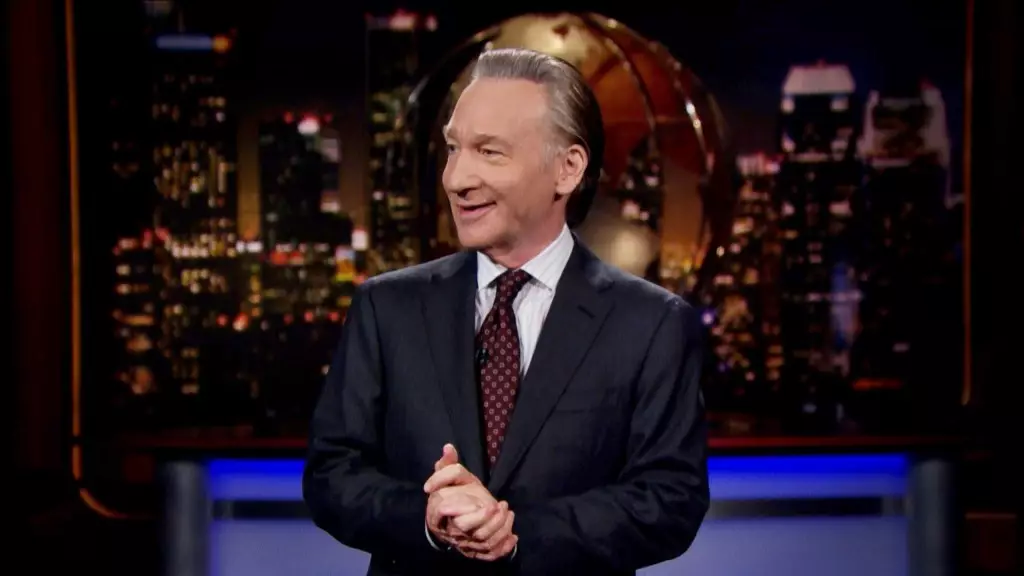In recent years, the landscape of campus activism has undergone a significant transformation. Formerly known as spaces of intellectual discourse and debate, universities across the nation are now witnessing a surge in protests and demonstrations. The question that arises is, when did these educational institutions become synonymous with fervent activism and social unrest?
During a recent episode of Real Time on HBO, Bill Maher boldly questioned the essence of modern-day campus activism. Maher’s scathing critique of protesters blocking traffic in the name of causes serves as a poignant reminder of the repercussions of such actions. His assertion that these protestors fail to sway public opinion by inconveniencing the general population sheds light on the futility of their methods. Maher’s call for introspection amongst activists, urging them to reflect on the true essence of their actions, strikes a chord in the era of performative outrage.
Maher’s astute observations extend beyond the realm of campus protests, delving into global issues that often go overlooked. By drawing attention to the plight of women in repressive regimes, the starving populations of North Korea, and the brutal persecution faced by the LGBTQ+ community in various countries, Maher challenges activists to reevaluate their priorities. The juxtaposition of popular causes with lesser-known atrocities serves as a wake-up call for those who champion social justice.
In his one-on-one interview with Robert F. Kennedy Jr., Maher navigates through a myriad of contentious topics, with a focal point on Kennedy’s controversial stance on vaccinations. Despite Kennedy’s bid for the presidency as an independent candidate, his views on vaccines have sparked widespread debate and skepticism. Maher’s probing questions, coupled with references to Kennedy’s past statements, underscore the need for accountability and clarity in political discourse.
The panel discussion featuring Scott Galloway and Don Lemon sheds light on the role of educators and media personalities in shaping the narrative surrounding campus protests. Galloway’s insights from the perspective of a marketing professor highlight the influence of faculty members on student activism. Lemon’s critique of misinformation and antisemitism within activist circles underscores the importance of media literacy and informed discourse. The conversation surrounding the responsibility of educators to guide students towards constructive dialogue serves as a crucial point of reflection in the current political climate.
As the phenomenon of campus unrest continues to unfold, it becomes imperative to engage in critical analysis and introspection. The evolution of activism in educational institutions demands a nuanced understanding of its origins and implications. By heeding the insights of thought leaders like Bill Maher and evaluating the discourse surrounding contentious issues, we can navigate towards a more informed and empathetic approach to social advocacy. Ultimately, the path to meaningful change lies in the intersection of dialogue, reflection, and action.

